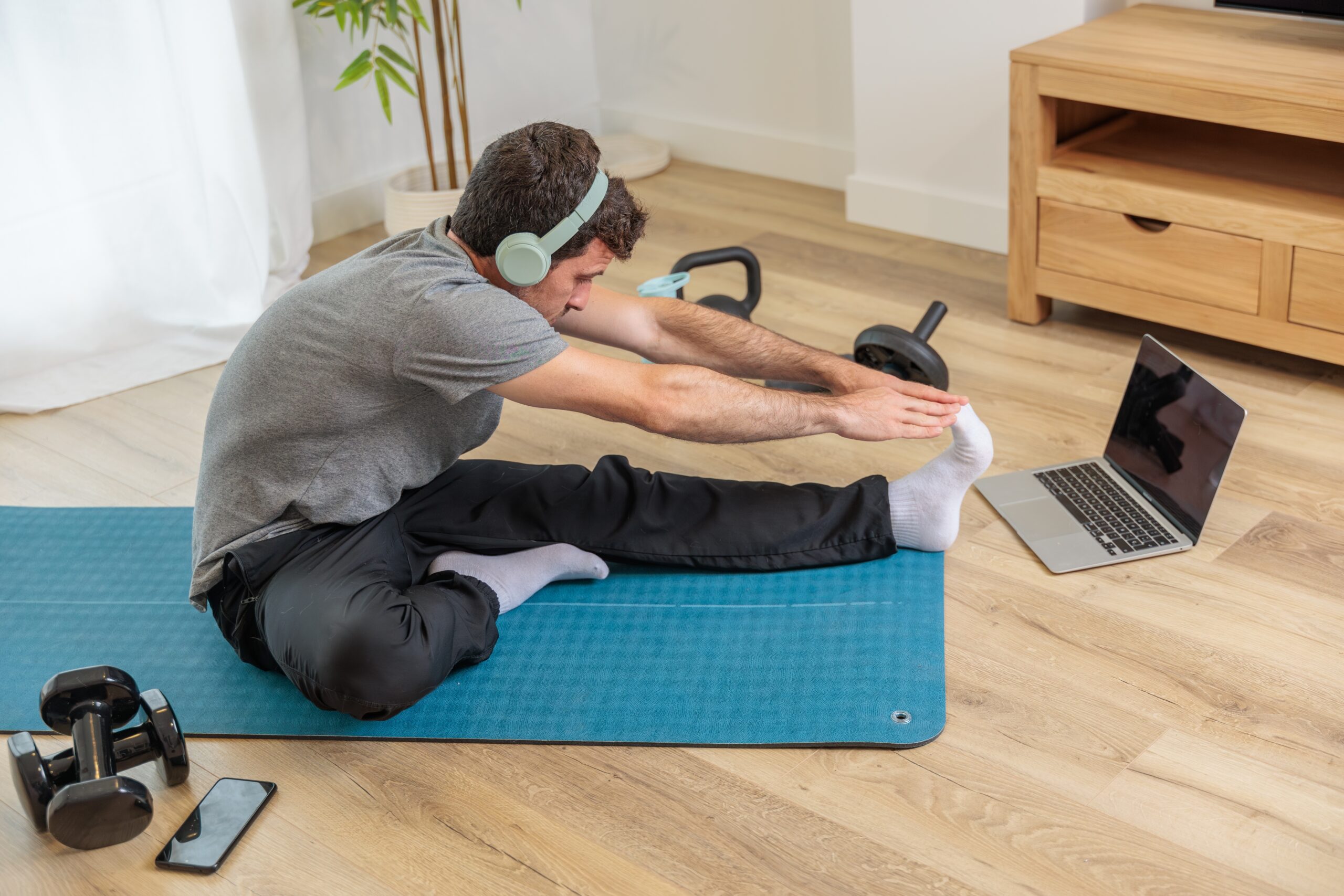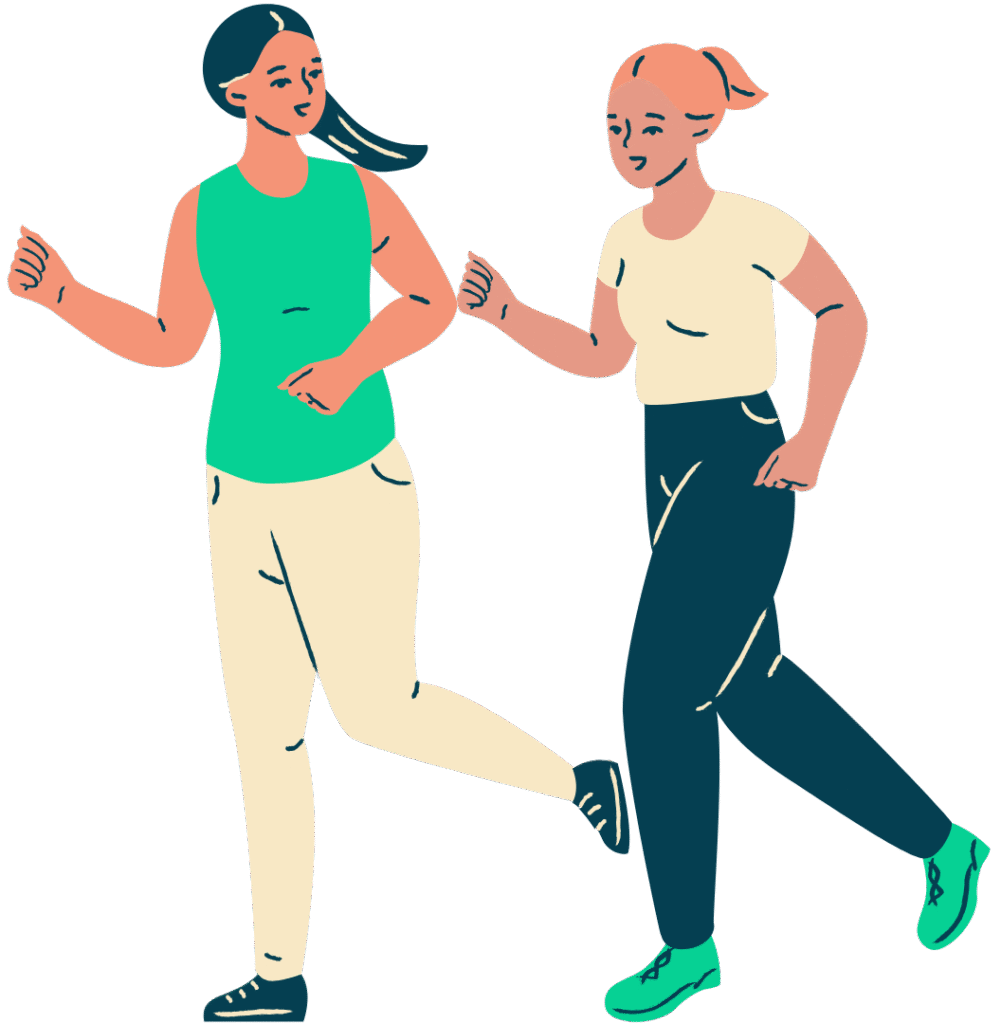Sleep quality may largely depend on when you exercise, with emerging research suggesting optimizing workout timing could be the key to better rest and overall health.
At a Glance
- Adults need 7-9 hours of quality sleep for optimal physical and mental wellbeing
- Consistent sleep schedules, even on weekends, are more important than catching up on sleep debt
- Exercise timing affects sleep quality, with workouts 4-6 hours before bedtime often yielding best results
- Sleep deprivation nearly doubles injury risk during exercise and undermines fitness gains
- Strategic sleep hygiene practices like temperature control and limiting screen time can dramatically improve rest quality
The Exercise-Sleep Connection
The relationship between exercise and sleep works both ways. Regular physical activity improves sleep quality, while better sleep enhances workout performance. This bidirectional relationship creates either a virtuous or vicious cycle depending on how well you manage both elements. Exercise timing matters significantly, with research indicating that workouts scheduled 4-6 hours before bedtime often produce the optimal sleep-enhancing effects by allowing the body’s temperature to rise and then fall at the right time to trigger sleep onset.
Many fitness enthusiasts face the dilemma of whether to sacrifice sleep for early morning workouts. Sleep medicine specialists increasingly advise prioritizing sleep quantity first. When sleep suffers, physical performance declines across multiple dimensions, including reaction time, accuracy, motivation, and recovery capacity. Consistently getting less than seven hours of sleep can almost double injury risk during training, creating a counterproductive situation for those seeking fitness improvements.
The Myth of Sleep Debt Repayment
One of the most common misconceptions about sleep is that weekend “catch-up” sleep can effectively erase the effects of weekday sleep deprivation. Harvard Medical School research suggests otherwise. Sleeping in on weekends may temporarily relieve fatigue but doesn’t reverse the metabolic disruptions, potential weight gain, or increased disease risks associated with chronic sleep restriction. The more effective approach is maintaining consistent sleep and wake times every day of the week.
Sleep deprivation carries serious health consequences beyond just feeling tired. Chronic insufficient sleep significantly increases risks for hypertension, diabetes, heart disease, and obesity. Studies show that metabolic markers worsen with ongoing sleep restriction, even when people attempt to “make up” sleep on weekends. This reinforces the importance of viewing sleep as a non-negotiable health priority rather than a flexible component of your schedule.
Optimizing Sleep Hygiene
Creating an environment conducive to quality sleep requires attention to several key factors. The Sleep Foundation recommends keeping bedrooms cool (between 65-68°F), dark, and quiet. Investing in a comfortable mattress and bedding yields significant returns in sleep quality. Additionally, establishing a device-free buffer zone of at least one hour before bedtime helps signal to your brain that it’s time to wind down, as blue light from screens can suppress melatonin production and delay sleep onset.
For those struggling with sleep quality, keeping a sleep diary can reveal patterns and trigger points. Track bedtimes, wake times, exercise timing, caffeine and alcohol consumption, and perceived sleep quality to identify correlations. This data-driven approach allows for personalized adjustments based on your specific needs and reactions. Many sleep specialists recommend limiting naps to 20 minutes and getting at least 30 minutes of natural light exposure daily to regulate circadian rhythms properly.
Handling Travel and Jet Lag
Travel, especially across multiple time zones, presents unique challenges to sleep health. Jet lag occurs when our internal body clocks become misaligned with external time cues or what Germans call “time-givers.” When traveling across two or more time zones, strategic exercise timing becomes even more important as a tool for resetting internal rhythms. Exercising at specific times in the new location can help accelerate adjustment to the local schedule.
For short trips of less than 48 hours, sleep experts often recommend maintaining your home time schedule rather than attempting to adapt. However, for longer stays, strategic light exposure, timed melatonin supplements, and adjusting meal and exercise schedules can significantly reduce adaptation time. Morning light exposure in the new location is particularly effective for westward travel, while evening light helps with eastward journeys. The goal is to reset your body’s internal clock as quickly as possible to minimize disruption.
Sources:
https://www.masterclass.com/articles/matthew-walkers-jet-lag-tips








